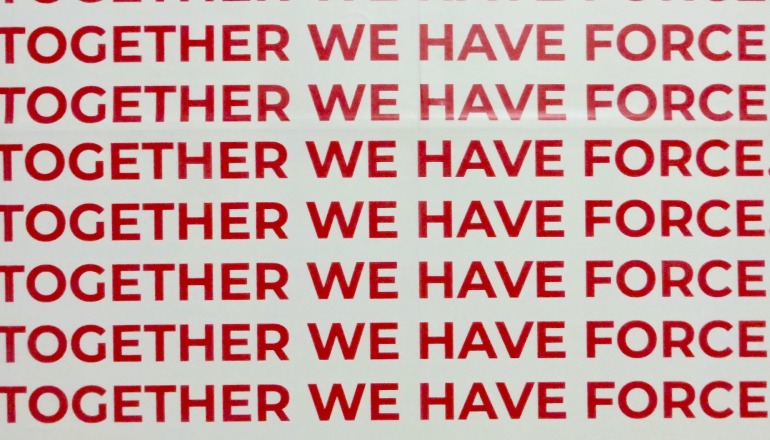Climate conversations dominated the sustainability landscape in the year 2023. I want to share 10 words that shaped these dialogues. These words give a glimpse into the diverse and ever-evolving vocabulary of climate change.
Extreme Weather Events: Undoubtedly the most prominent term in 2023, it reflects the year’s increased frequency and intensity of hurricanes, heatwaves, droughts, and floods across the globe. This underscores the urgency of addressing climate change and building resilience in vulnerable communities.
Heat Dome: The term gained prominence due to its association with scorching temperatures and potentially hazardous conditions. It emphasizes the localized impact of climate change and the need for localized adaptation strategies.
Overshoot Scenario: This concept emerged as a potential future pathway, highlighting the possibility of temporarily exceeding the temperature target of 1.5°C before returning through rapid emission reductions. It emphasizes the importance of both short-term mitigation and long-term negative emissions technologies.
Phase Down: As a central theme of COP28, this term emphasizes a gradual transition away from fossil fuels and other high-emission activities. It provides a more realistic and manageable approach compared to an immediate phase-out.
The Loss and Damage Fund: COP28 also saw the establishment of a dedicated fund to address the negative impacts of climate change in vulnerable countries. This marks a significant step towards providing resources for adaptation and recovery.
Geoengineering: This controversial term saw increased debate in 2023, highlighting potential technological solutions like solar radiation reflection and large-scale carbon sequestration. It emphasizes the need for careful consideration of risks and ethical implications alongside mitigation efforts.
Degrowth: Offering a radical perspective, this concept advocates for moving beyond the current economic model of perpetual growth and towards a more sustainable approach based on resource conservation. It challenges the traditional paradigm and sparks debate about alternative economic systems.
Carbon Shadow: Serve as a sobering reminder of the long-term consequences of past and present emissions. It underscores the importance of immediate action to prevent further warming and highlights the need for both mitigation and adaptation strategies.
Planetary Boundaries: This concept identifies critical environmental thresholds like climate change and ocean acidification beyond which irreversible damage could occur. It provides a framework for understanding the interconnectedness of Earth’s systems and emphasizes the need for global action to stay within safe limits.
Ecocide: The concept gained traction as a potential crime against the environment, reflecting the growing concern about large-scale environmental destruction. It highlights the need for legal frameworks and international cooperation to protect ecosystems and safeguard our planet’s future.
These terms are now part of our daily conversations on climate change and climate action plans. In the last year, they have helped us to better comprehend the complex challenges and find potential solutions for climate action.

